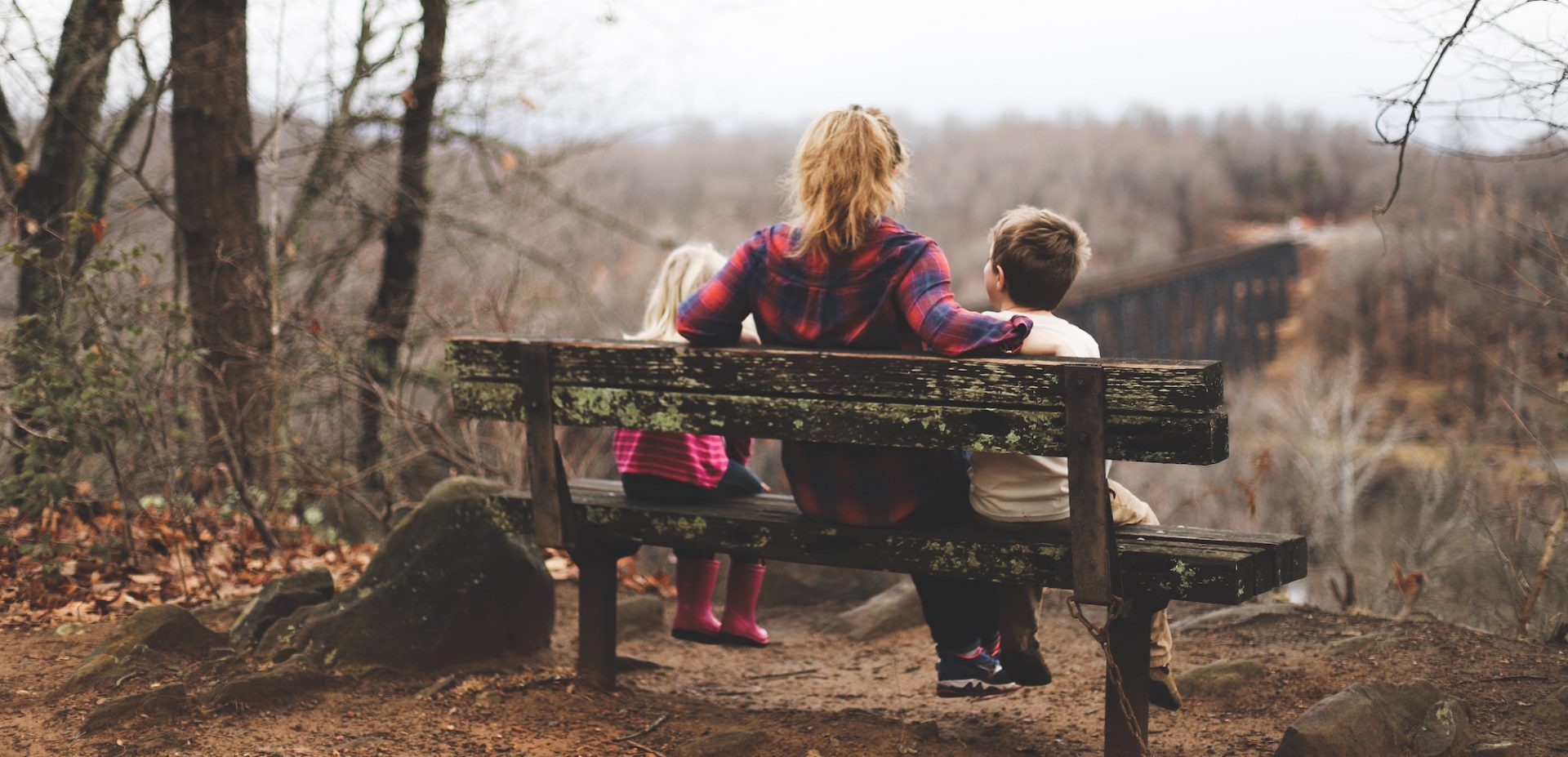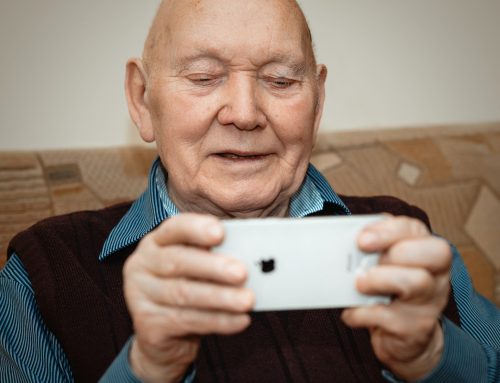Talking with children about Covid-19 isn’t going to be easy, but we have a few suggestions for parents who are looking for ways to have this difficult conversation.
Let’s face it, we are living a historical moment right now. The last pandemic to strike the U.S. came 100 years ago with the Spanish Flu. Our worlds have been turned upside down as we take the necessary precautions to stay healthy. But the important thing to recognize is adults are not the only ones going through this.
Our kids have sacrificed too, with no school, and social isolation. If they’ve been lucky enough to interact with their friends on some level, it probably doesn’t look the same as it did before the pandemic. Children may have very real worries past the daily routine, that circle around whether their friends or family may get sick. They may worry about getting sick themselves. The CDC also offers resources for talking with children, and additional explanations on the virus.
Below are some tips for talking with children about Covid-19:
Be Reassuring – It’s ok to be upset or scared sometimes, but it’s important for children to know that they are safe. You can share some of the precautions that the family is taking to protect each other, and you can share with them what you do to cope with your own stress and see if they want to try it themselves.
Keep Calm – Children may be listening to conversations between parents. They pick up on conversational tone and body language. It’s critical that you remain a source of strength and comfort for them.
Do Not Blame Others – Young children may often mirror their parents’ discussions and opinions about certain topics. It’s important that you not use language in front of them that is blaming others for the virus being in the U.S.
Pay Attention to Their News or Social Media Intake – Too much news related to a given topic can often lead to anxiety. Now is an excellent time to monitor their screen time and potentially cut off news or media sources if needed.
Be Honest – The information that your child receives should be age appropriate, but we should also be honest with them. Parents can talk to them about how many social media or news stories may be based on rumors or inaccurate information. They can help explain the virus to children in a way that helps them to understand, so that they are less afraid.
Take Appropriate Measures – Parents can help children to understand the importance of hand washing, not touching your face, social distancing, and wearing masks. They can help children to understand why each of these measures may be so effective in reducing the impacts of the disease.
Discuss School Changes – If schools open up in the fall, it will be important for children to understand their role in staying safe. It will be important for children to understand that their routines may not look like they did just a few short months ago, and help them to understand why.
Helping Children to Understand the Larger Picture
It’s important for children to understand that if they did get Covid-19, or someone in their family did, that it doesn’t automatically mean the worst-case-scenario. Many people who contract the virus have only mild symptoms. It’s only a small percentage who become significantly sick. With the proper measures in place, most people can recover at home. Talking with children about Covid-19 will help create a sense of stability, and help both parent and child feel better about all the changes that are happening around us.







Leave A Comment
You must be logged in to post a comment.